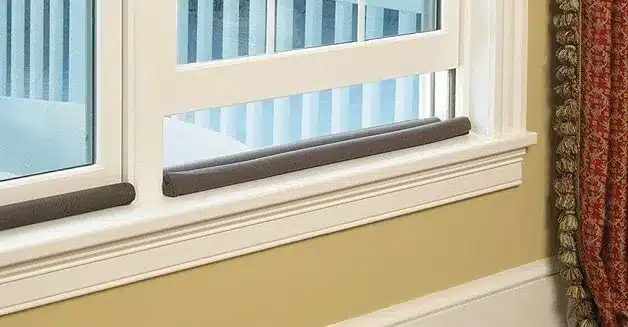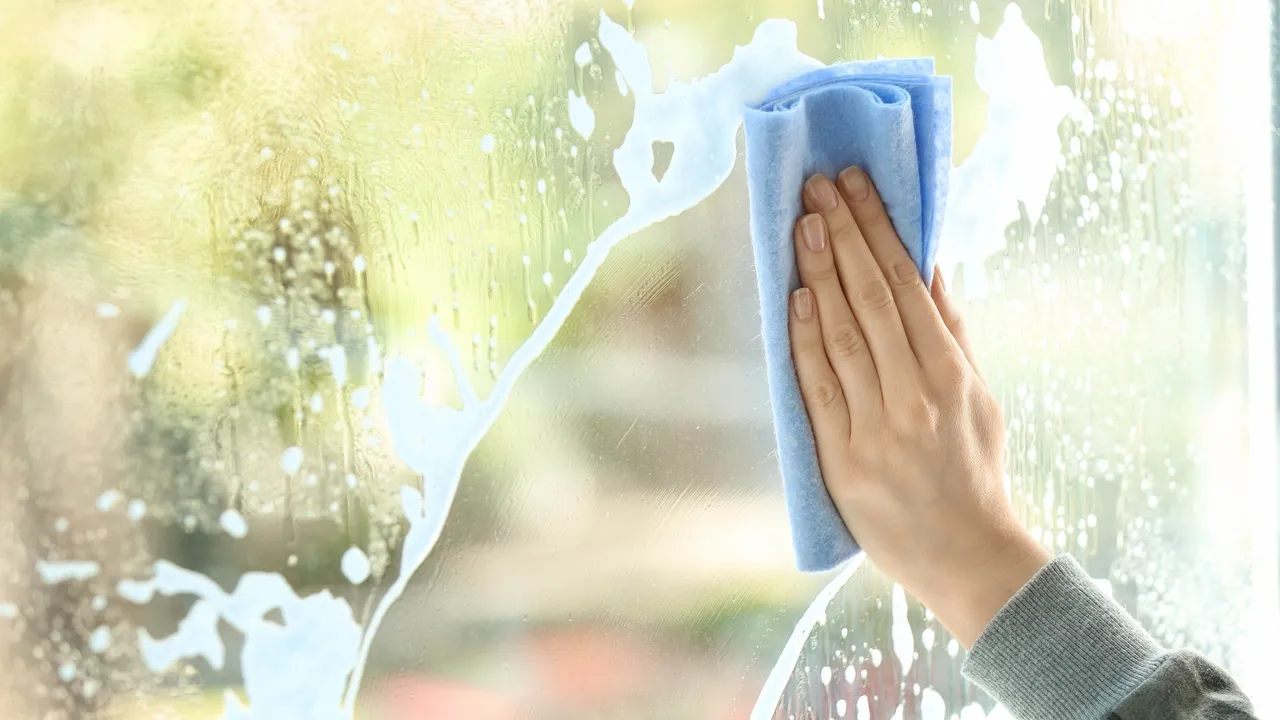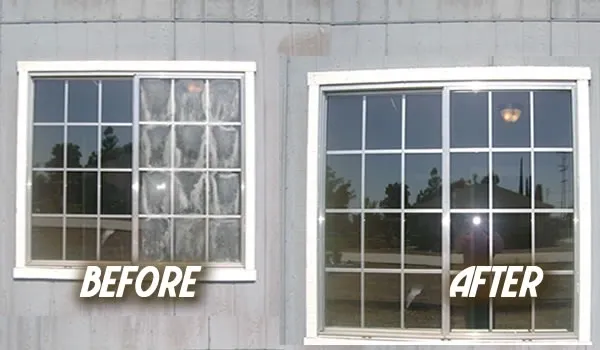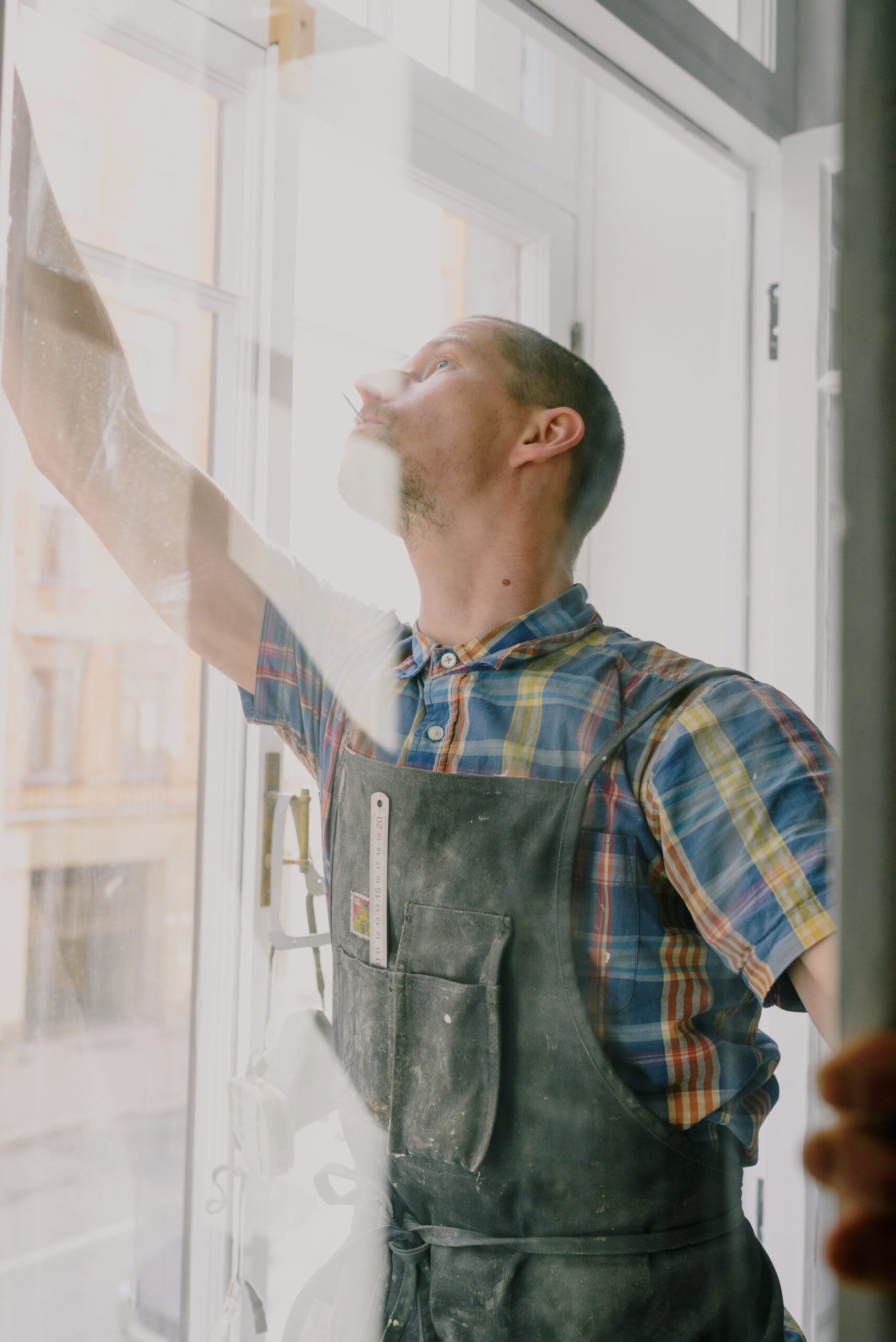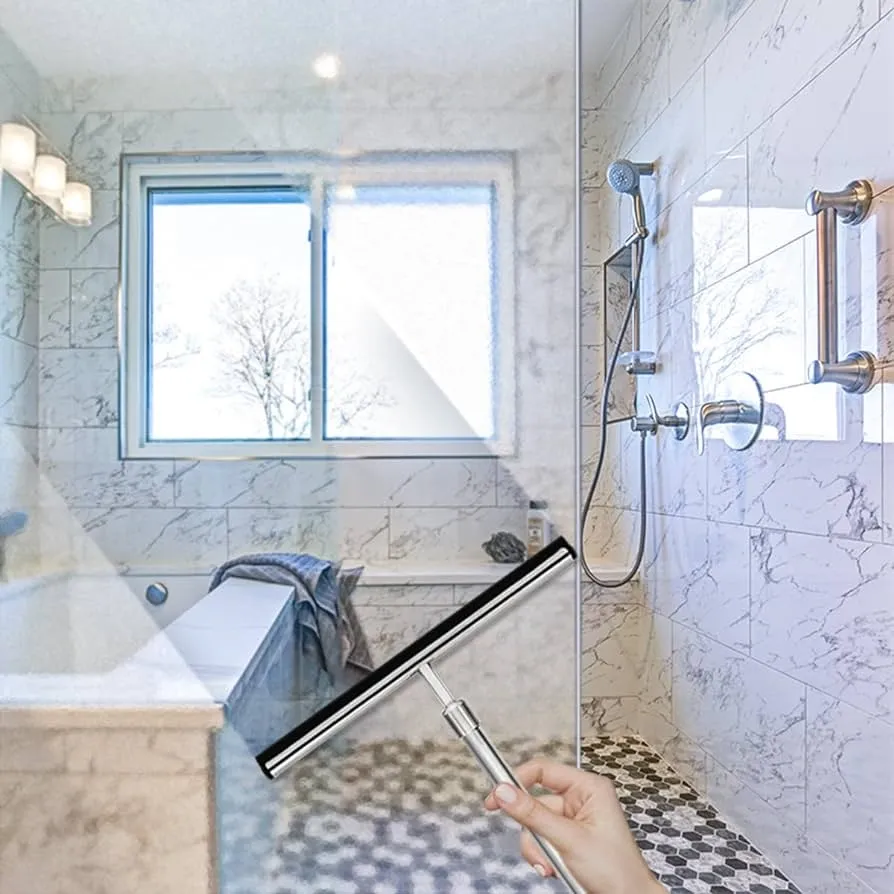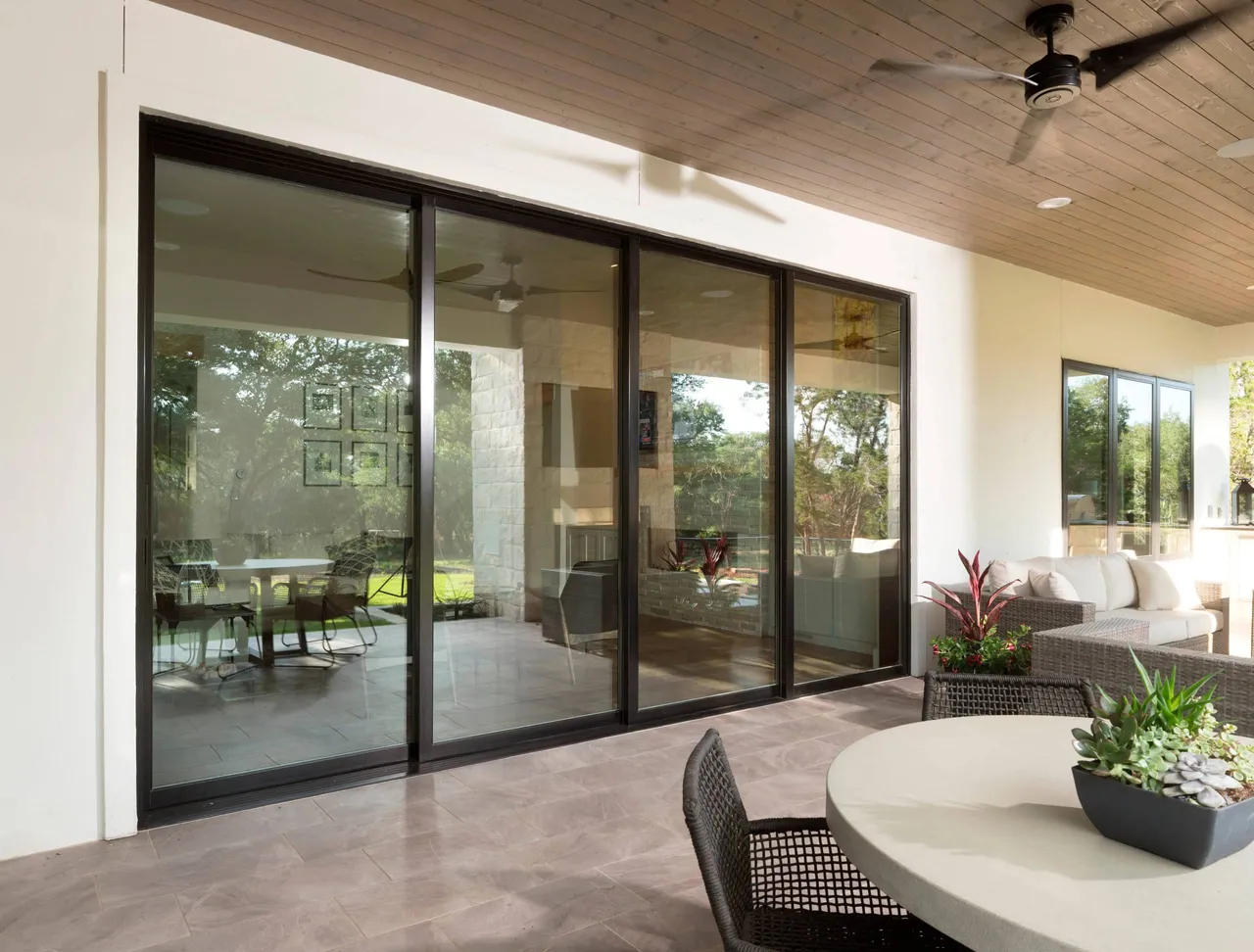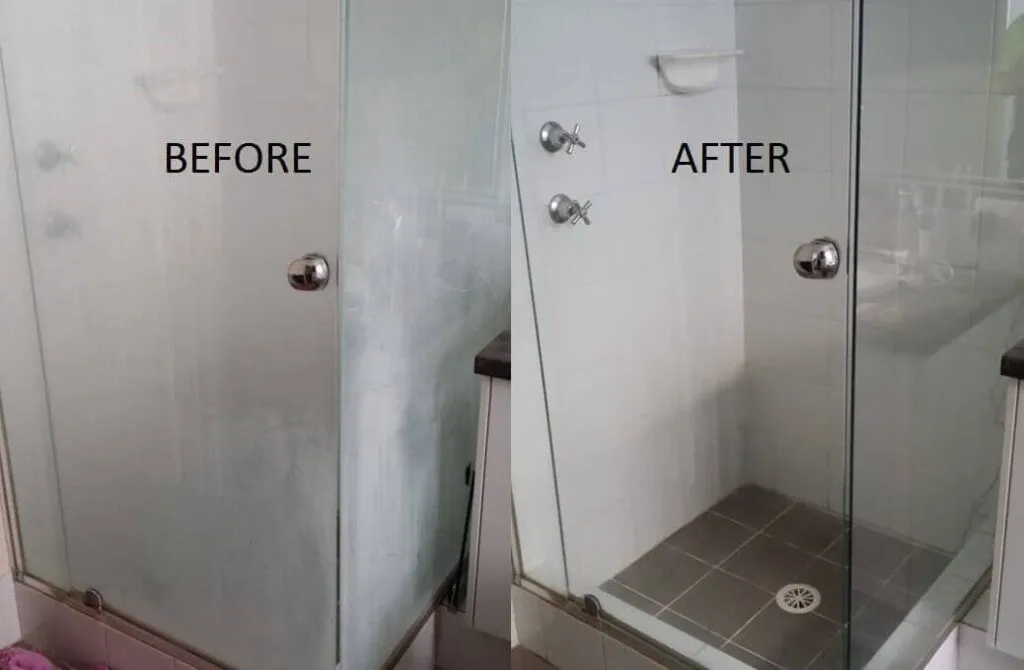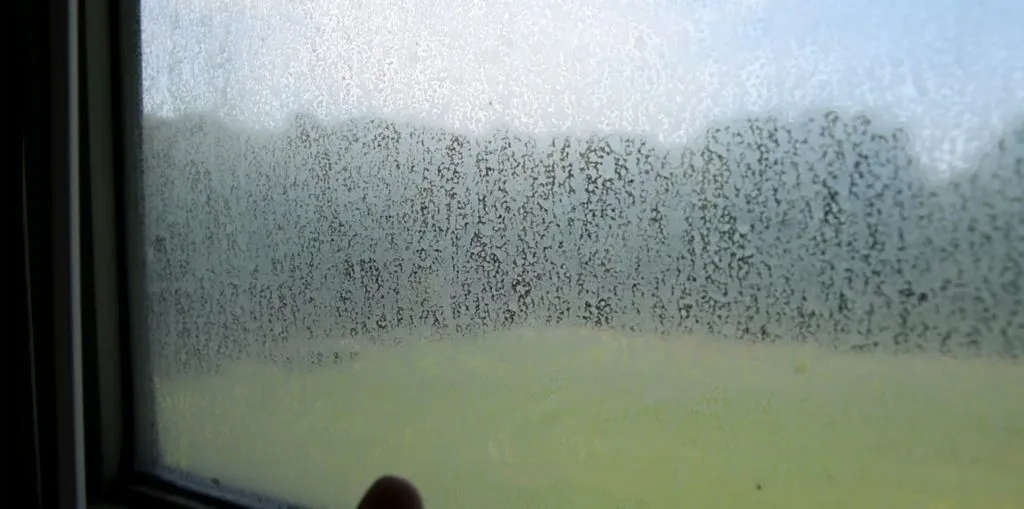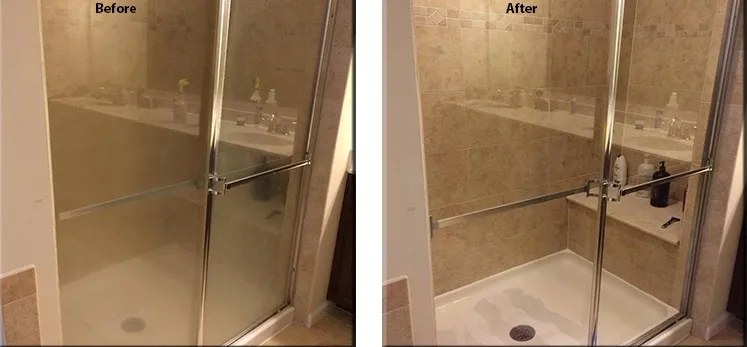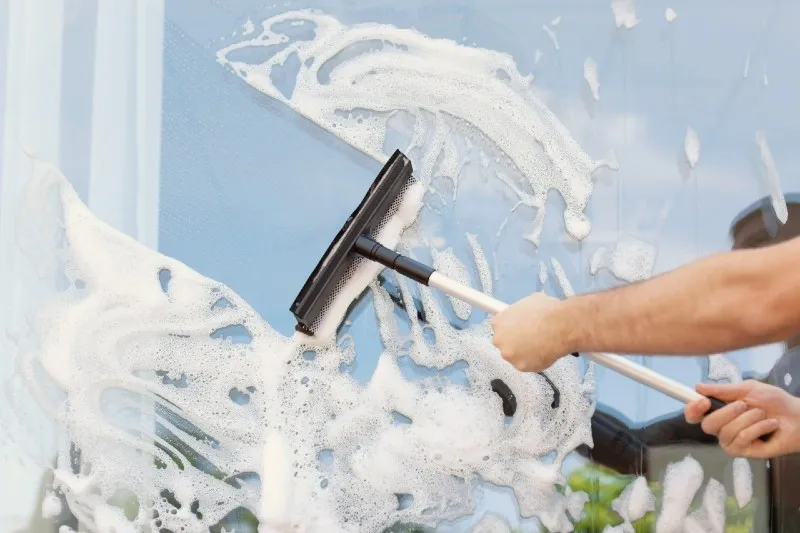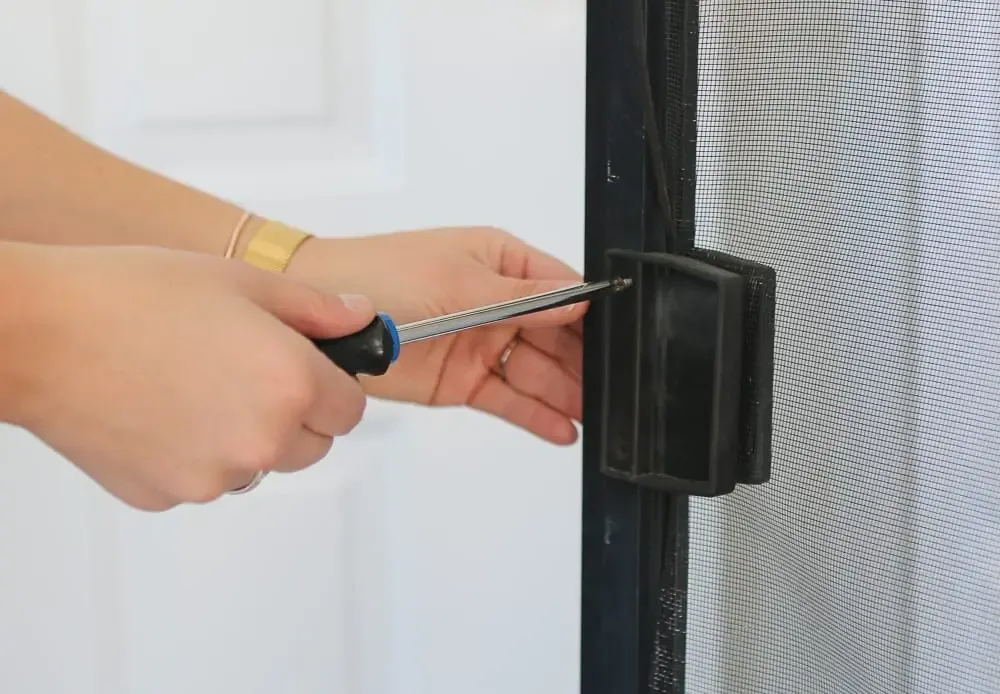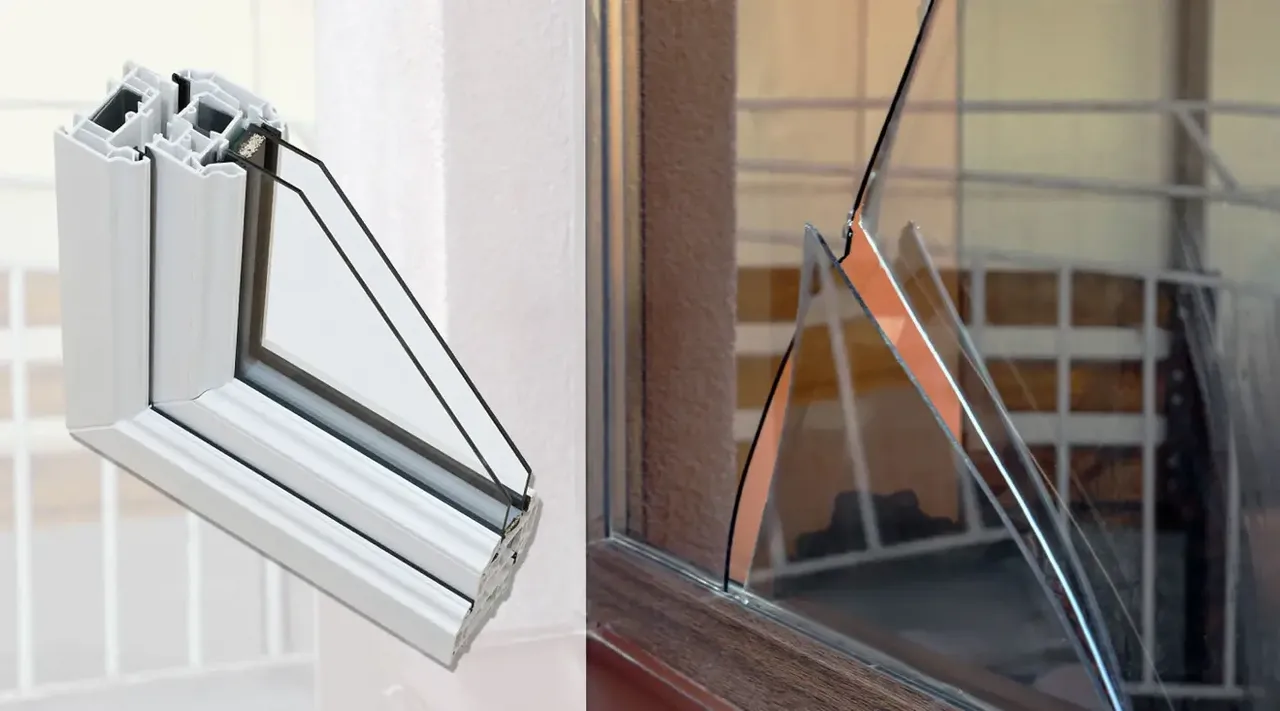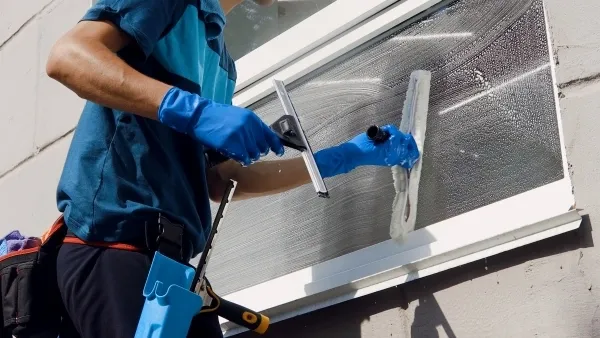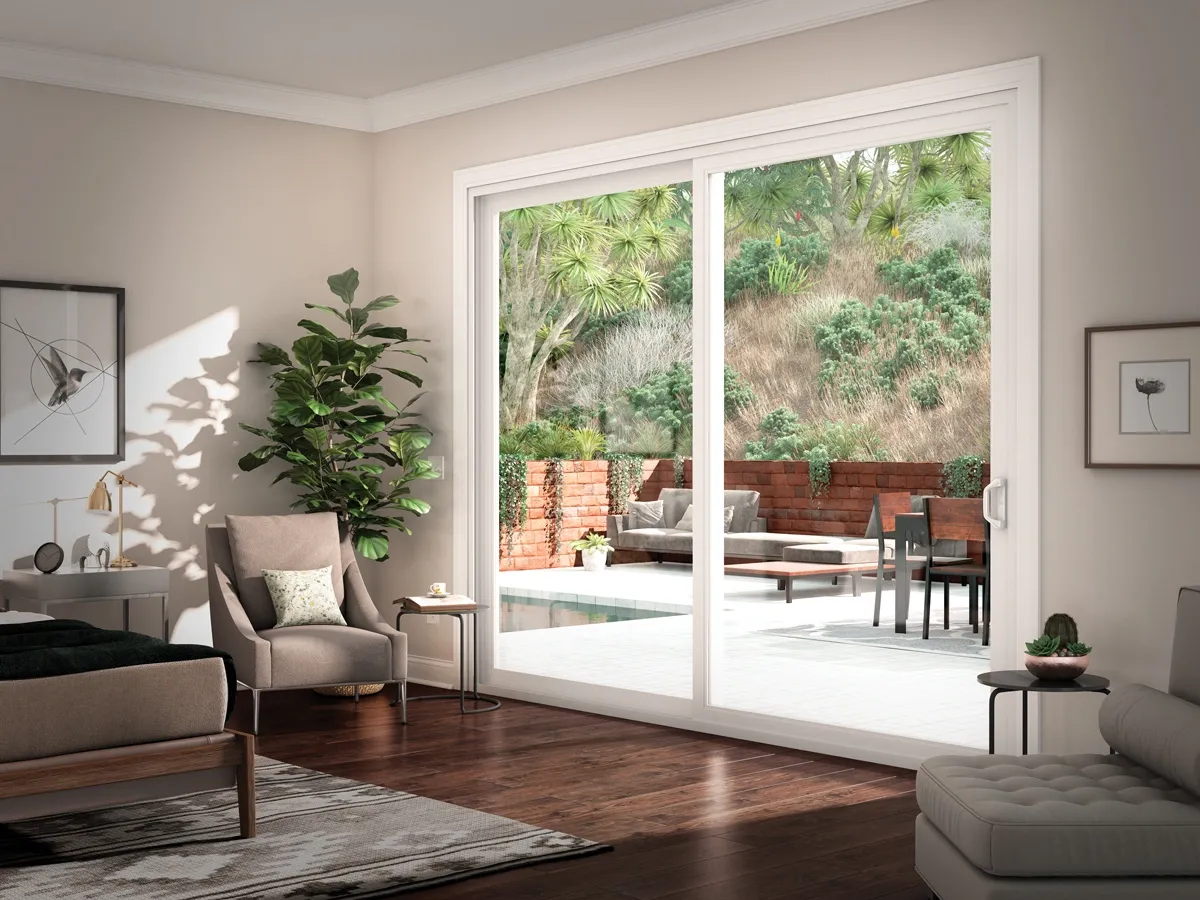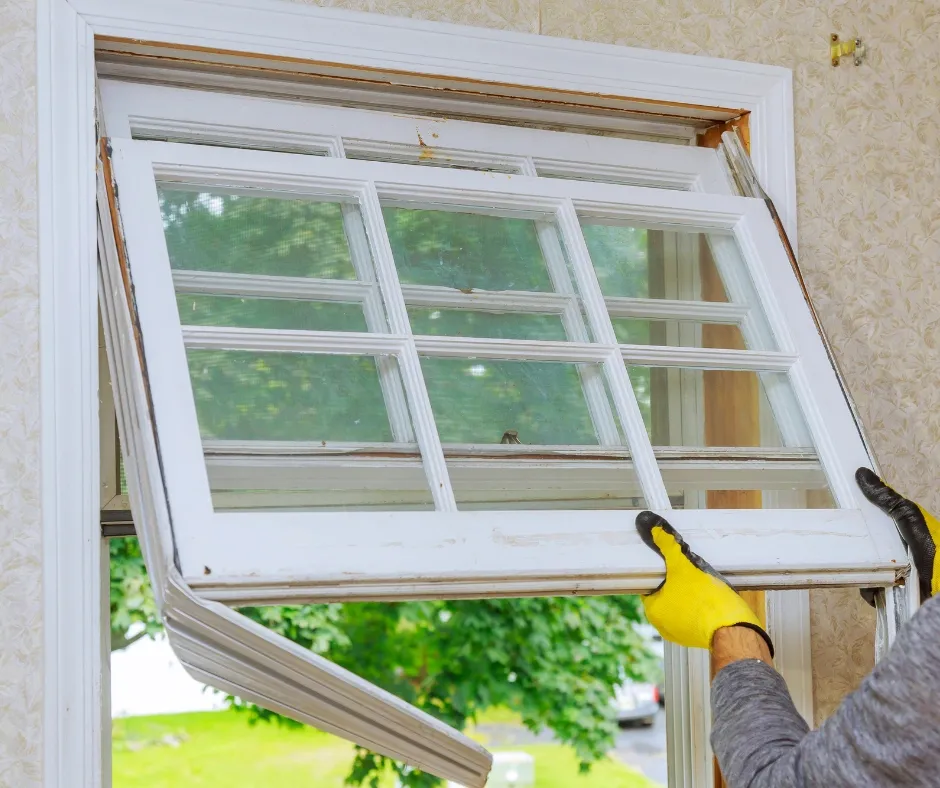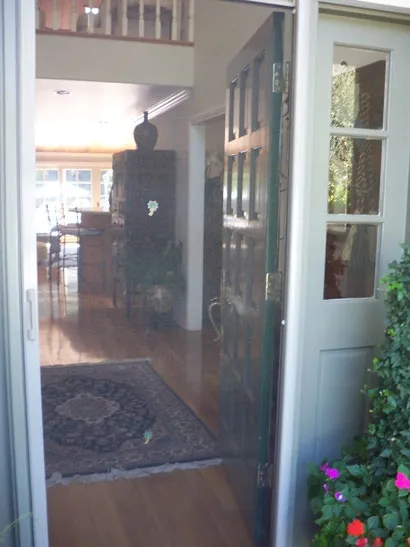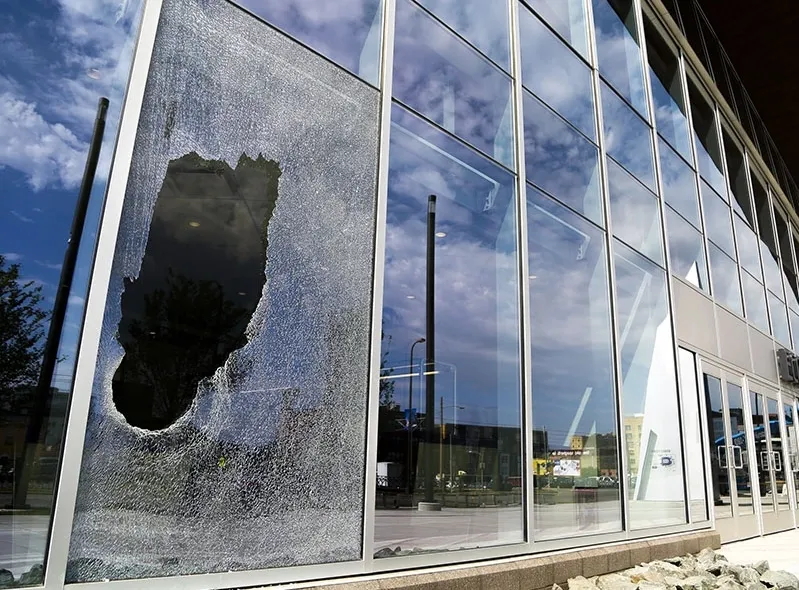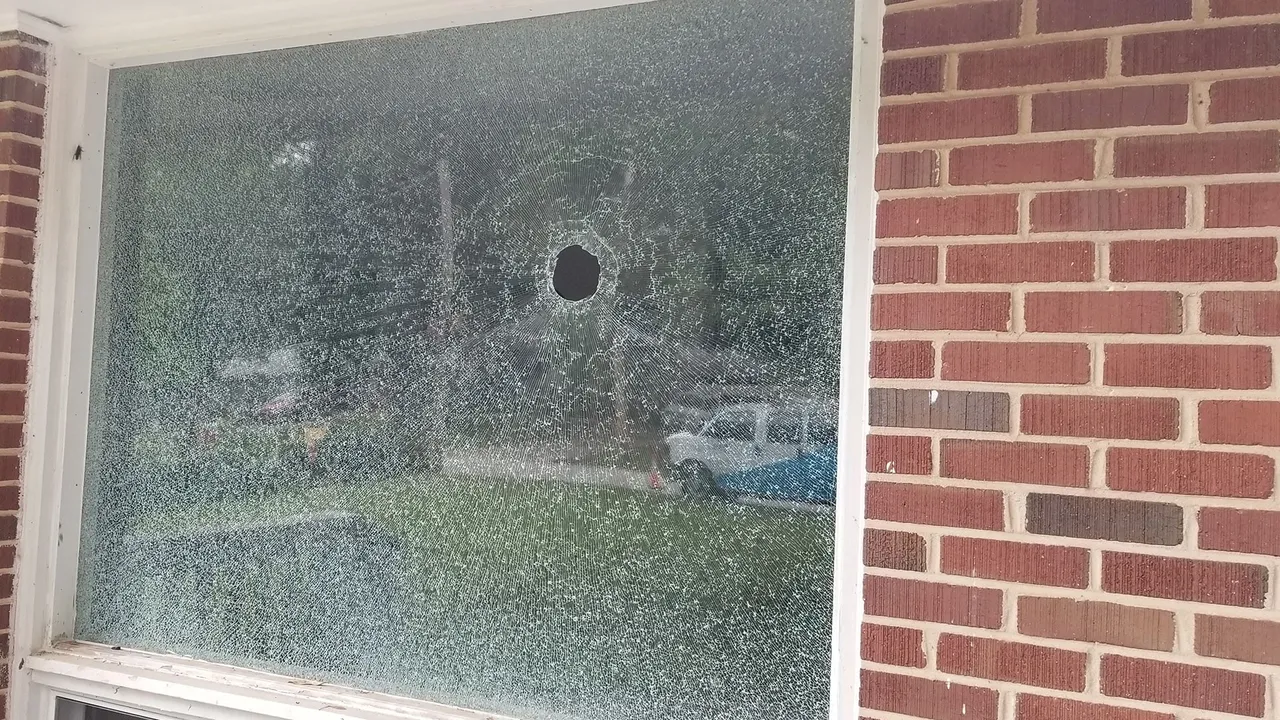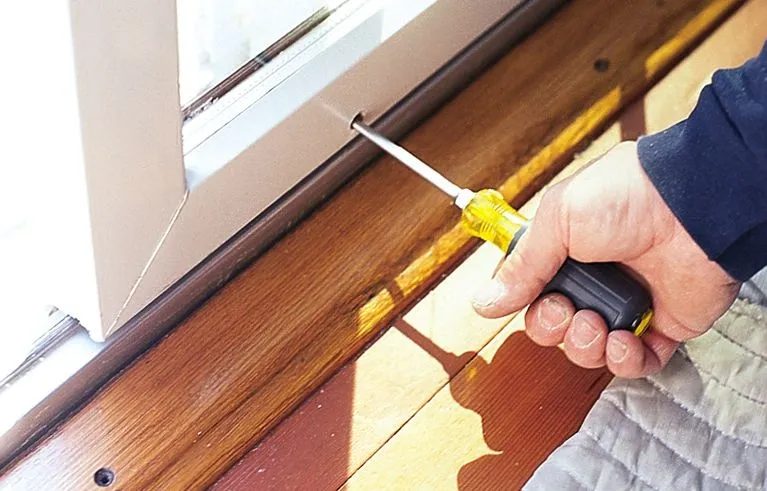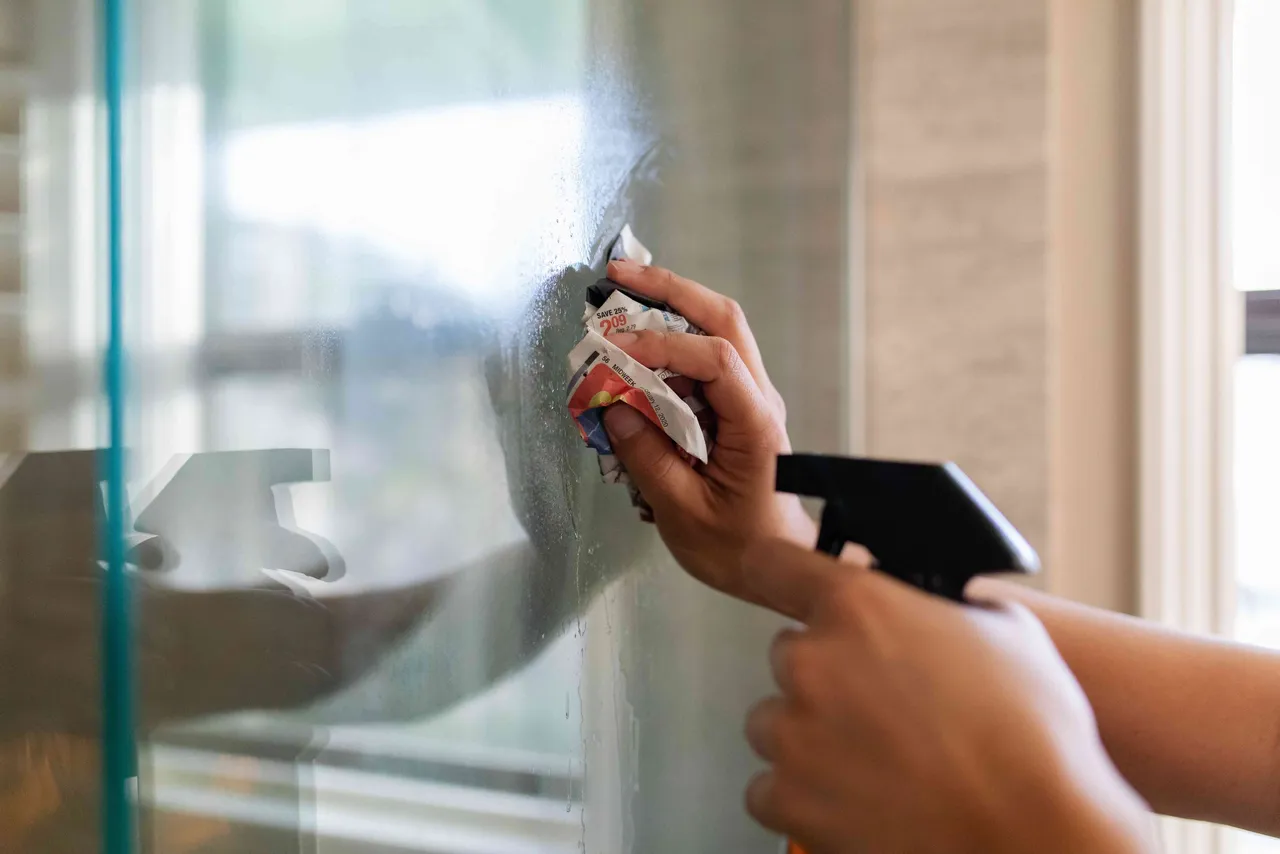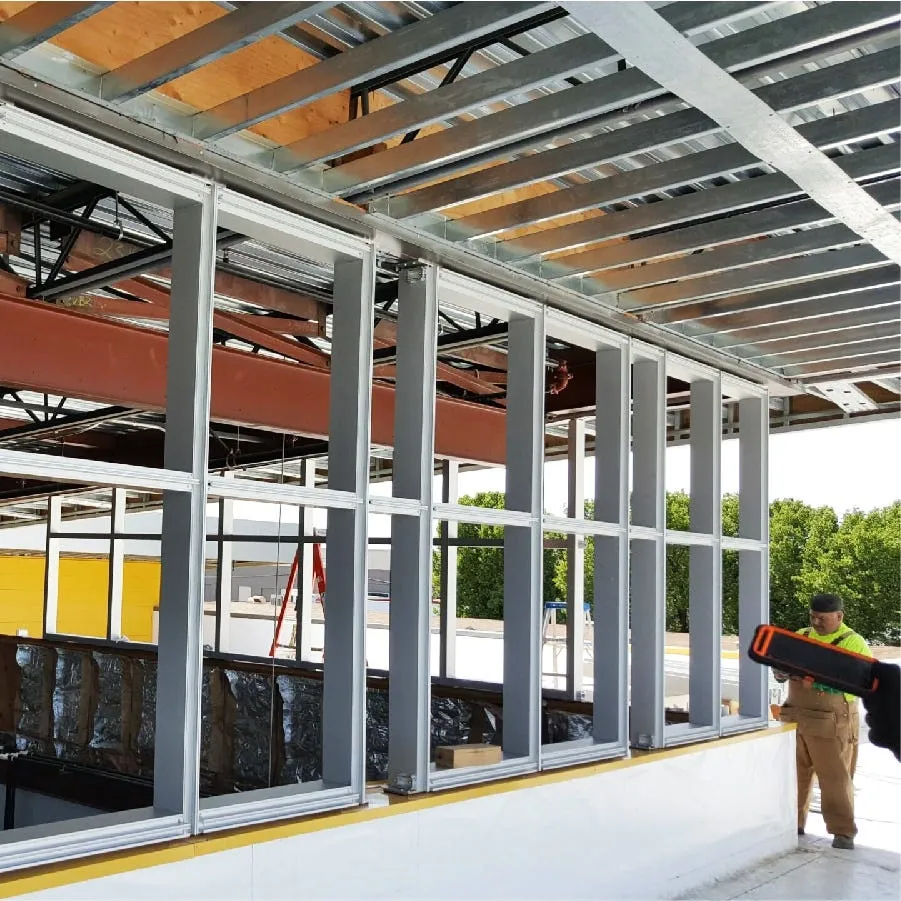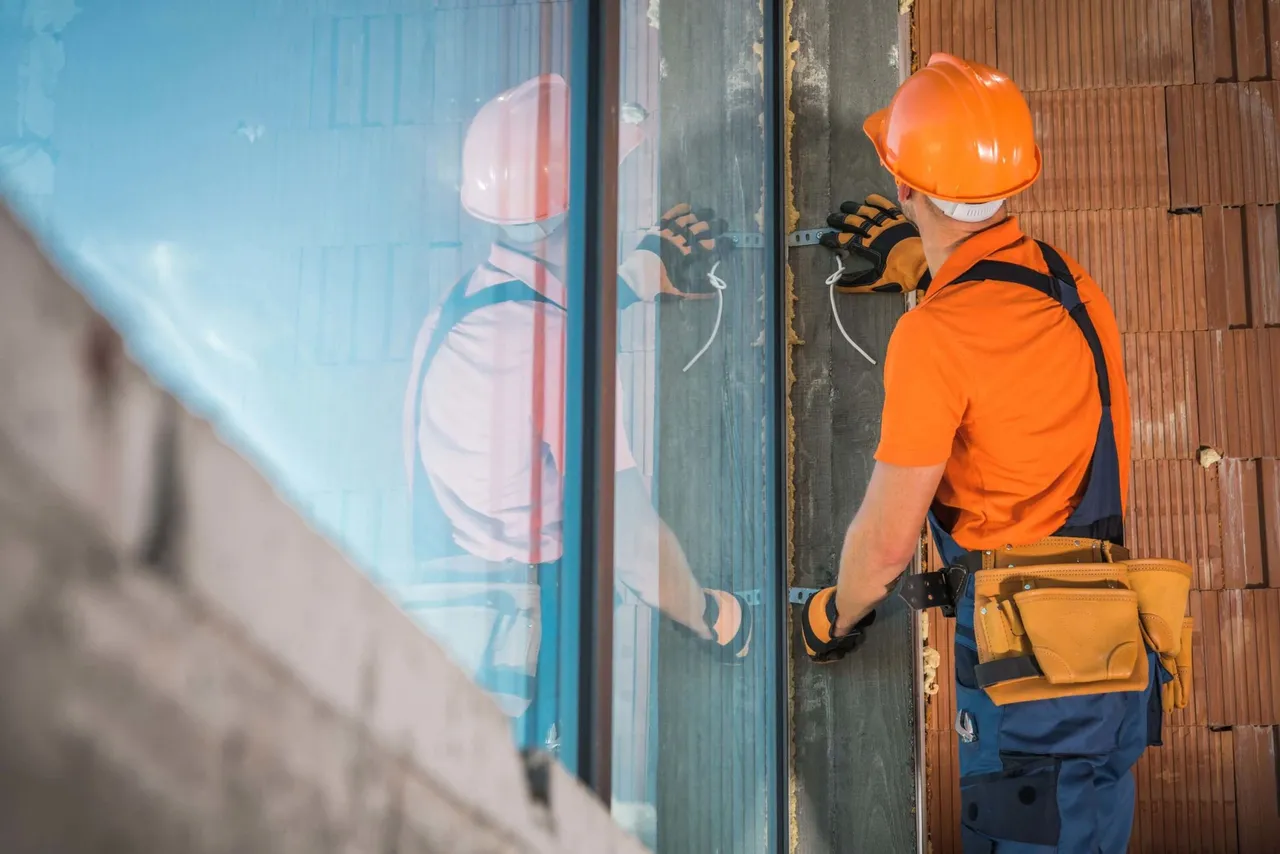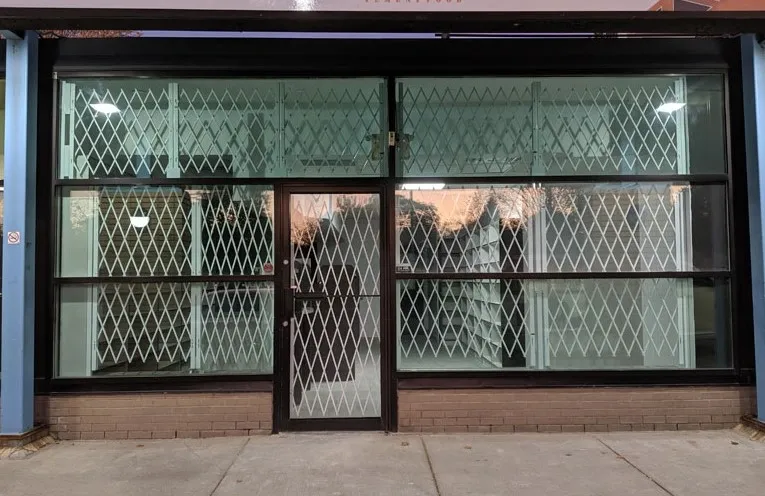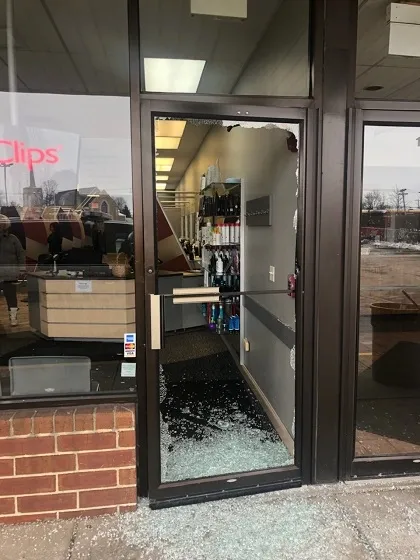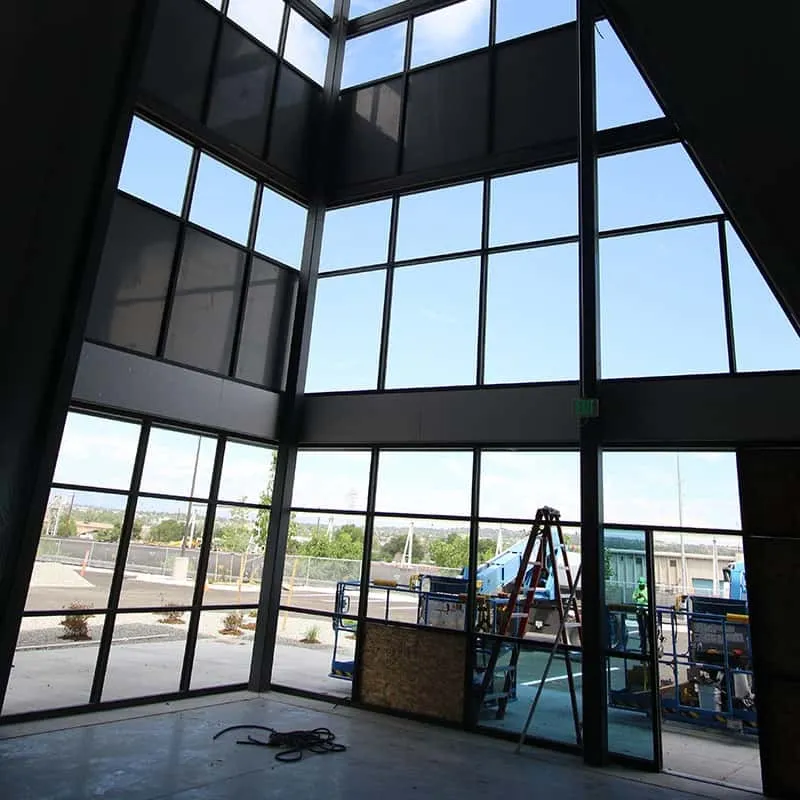5 Ways to Prevent Cold Air From Entering Your Home: It’s no mystery that Colorado winters bring chilly temperatures. When the mercury barely rises above freezing, and a sparkling layer of snow covers the ground, ensuring your home remains warm and snug becomes a priority. This may involve seeking a residential glass replacement provider in the Denver area and employing one or more of these five methods to thwart the intrusion of cold air through your windows.
Weather Stripping and Foam Tape:
Prevent cold drafts by applying weather stripping or foam tape to your windows during the winter. A Denver-based residential glass replacement company can expertly handle this task, meticulously covering inconspicuous hairline gaps. It’s advisable to complete this process before freezing temperatures set in, ideally when the outdoor temperature is above 40 degrees.
Insulate Windows:
There are various ways to insulate your windows to keep cold air at bay. Window film insulation is a product that fully encases your window with plastic film. Adding a layer of bubble wrap beneath the plastic film enhances winter-proof insulation.
Recaulk Windows and Doors:
Before winter arrives, inspect the caulking around your windows and doors for signs of aging, cracks, or gaps that may allow cold air to seep in. Caulk, especially when exposed to extreme temperatures, can shrink over time. Periodically recaulking your windows is a prudent measure to ensure proper sealing.
Install New Windows for Prevent Cold Air:
If your windows are old or in poor condition, it might be time to invest in new ones. A residential glass replacement company in Denver can facilitate this project. According to the US Department of Energy, various window frames and panes excel in cold climates.
Additional Tips to Prevent Cold Air
Seal Gaps Around Electrical Outlets:
Electrical outlets on exterior walls can allow cold air to enter your home. Use foam gaskets behind outlet covers or apply caulk around the edges to prevent drafts.
Install Door Sweeps:
Doors are another common source of cold air leaks. Adding a door sweep to the bottom of exterior doors can block drafts and help maintain your home’s temperature.
Use Draft Stoppers:
Draft stoppers are a simple and effective solution to block cold air from entering under doors and windows. They come in various styles and can be placed easily whenever needed.
Check Attic Insulation:
Cold air can seep in from poorly insulated attics, which makes your home harder to heat. Ensure your attic is well-insulated to prevent heat loss and keep cold air out.
Upgrade to Double-Glazed Windows:
Double-glazed windows have two layers of glass with a gap in between that acts as an insulator, significantly reducing heat loss and cold air infiltration.
Choose Insulated Curtains:
Enhance your windows for winter by adding insulated curtains. These decorative items can reduce heat loss through windows by up to 30 percent. With a variety of insulated shades, blinds, or curtains available, you can find options that complement your color scheme and room design.
FAQs
1. How often should I replace weather stripping on windows?
Weather stripping can last several years but should be inspected annually for wear and replaced if it shows signs of deterioration, such as cracking or loss of flexibility.
2. Can insulating curtains really help prevent cold air?
Yes, insulated curtains can reduce heat loss through windows by up to 30%, making them a cost-effective way to improve your home’s energy efficiency.
3. What’s the best way to recaulk windows?
Remove old caulk, clean the area, and apply a new bead of exterior-grade caulk around window frames. Ensure you work in temperatures above 40 degrees for the best adhesion.
4. Are there specific window types that are better for cold climates?
Yes, windows with double or triple glazing, low-E coatings, and insulated frames are particularly effective at reducing heat loss in cold climates.
5. How can I tell if my windows need replacing to prevent cold air?
Signs that you may need new windows include noticeable drafts, condensation between glass panes, or difficulty maintaining a consistent indoor temperature despite using your heating system.
Conclusion
Keeping cold air out of your home during Colorado’s harsh winters is essential for comfort and energy efficiency. Whether it’s through simple measures like weather stripping and caulking or investing in new, energy-efficient windows, taking action to prevent cold air intrusion will make your home warmer and potentially lower your heating costs. For the best results, consider consulting a trusted residential glass replacement provider in Denver to assess your needs and recommend the most effective solutions. By implementing these strategies, you can enjoy a cozy, draft-free home all winter long.
